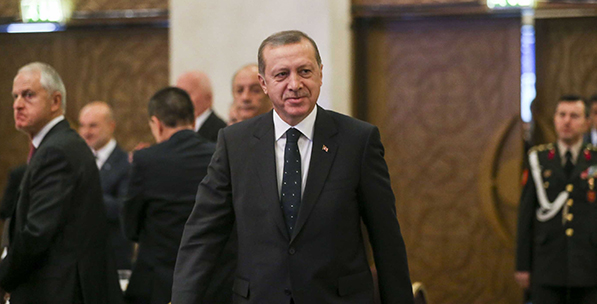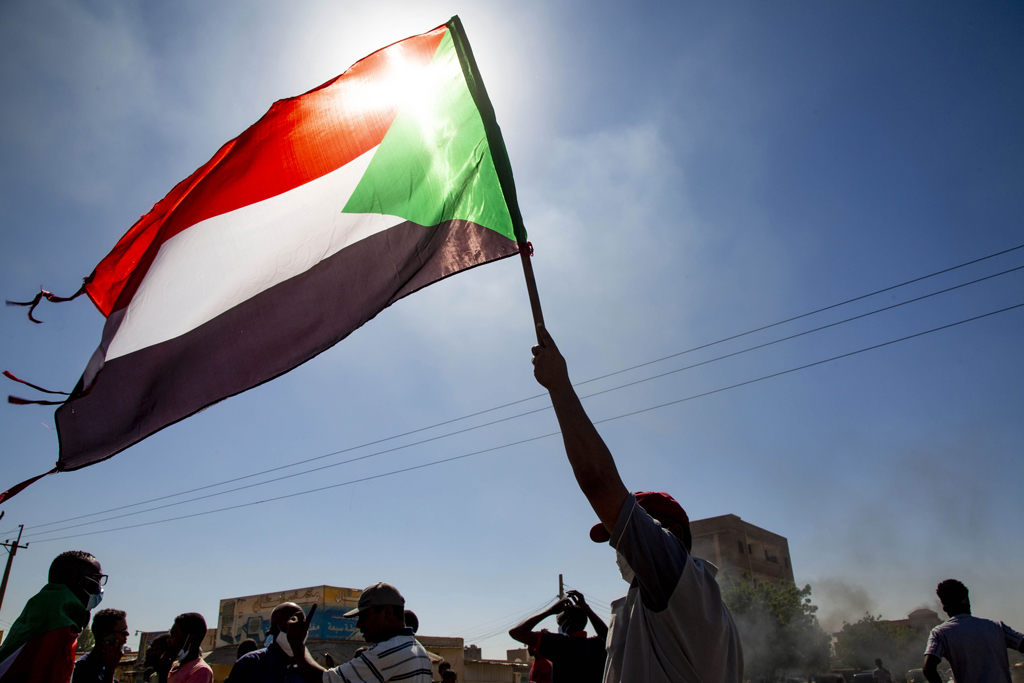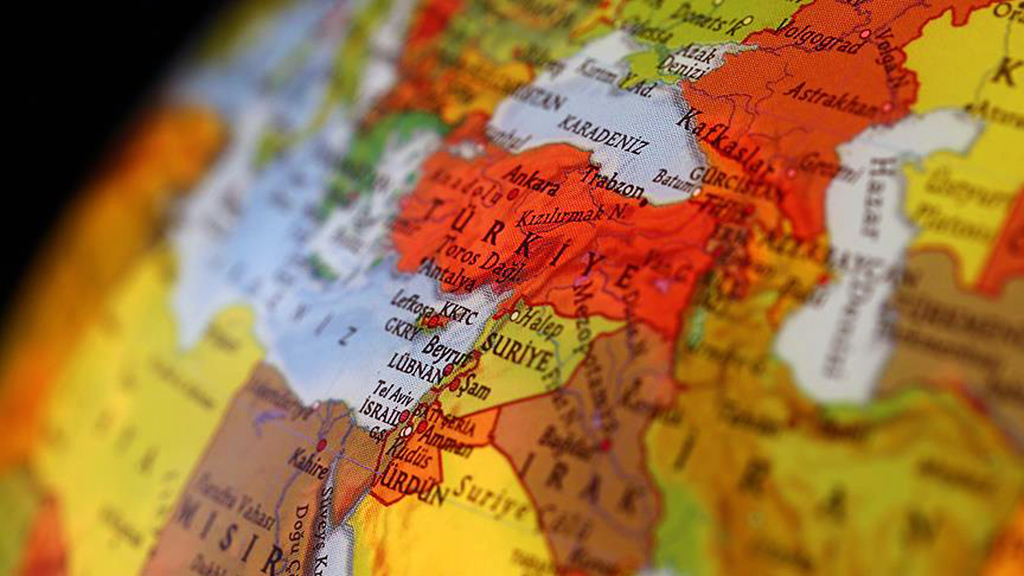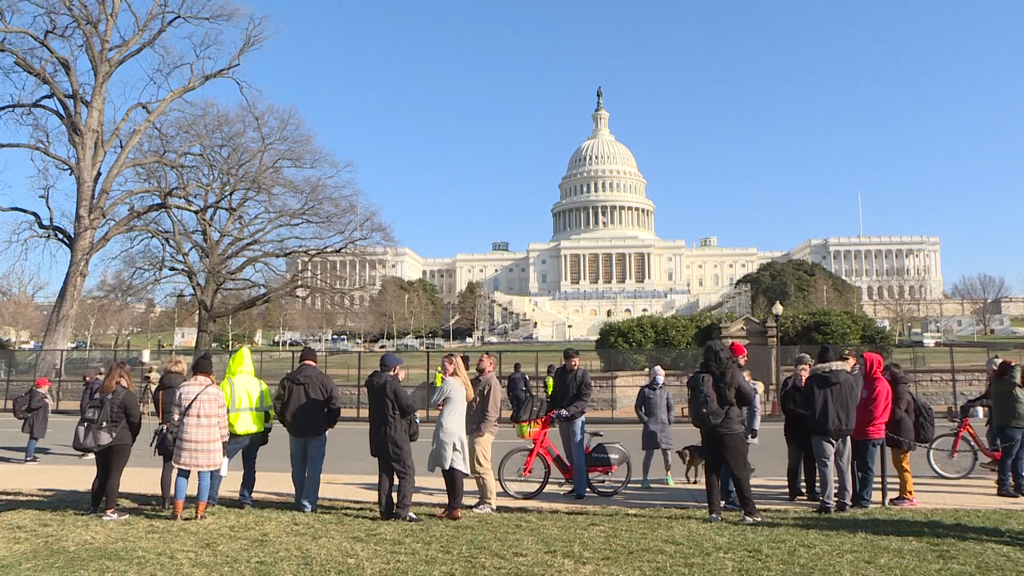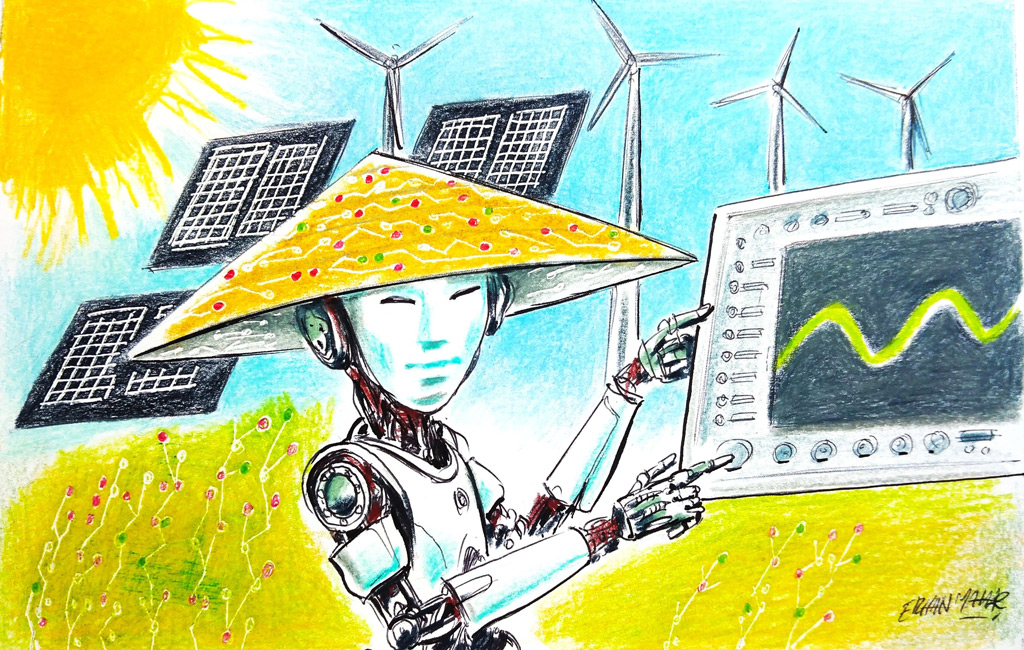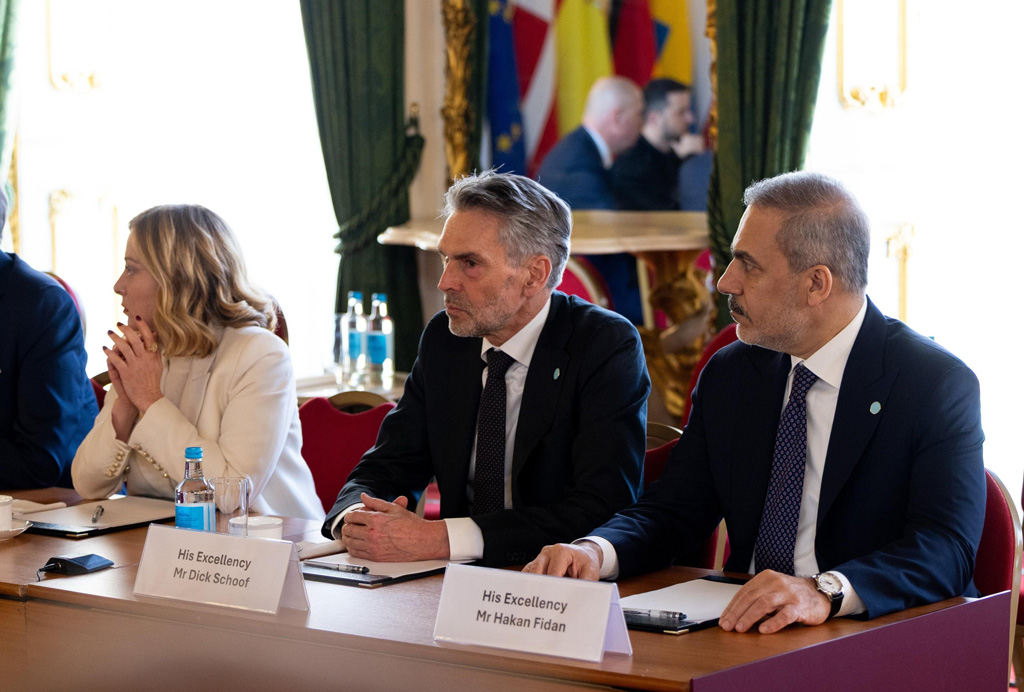Terrorist organizations are not entirely dissimilar to the mafia: Both terrorists and gangsters spill blood in an effort to spread fear and oppress innocent people. The public doesn't necessarily judge terrorists or gangsters for their deeds. We expect them to face justice and be punished. We demand that the authorities fight the bad guys with everything within their means. We do not judge though. In a way, we acknowledge the fact that threatening and hurting people is an existential question for them.
Here's a different question: What if politicians, intellectuals and business people were to behave like the bad guys? Clearly, society would have to fight them all the same. An additional step, however, would be required: We'd have to shame them. After all, the politician betrays their life's work by spreading fear to score political points. Likewise, it would be immoral for an intellectual to intimidate ordinary people as part of their ideological agenda.
Over the past couple of years, Turkey's opposition movements threatened and intimidated the people under the guise of politics. Having tapped into the fear of religion in the past for political gain, they invented a new boogeyman to hijack the nation's political leadership. Since the Gezi Park protests, opposition figures have been talking about authoritarianism, dictatorship, the government's intervention in people's lives and Turkey's drift away from the West in a futile attempt to manipulate public debate. When all else failed, the government's critics – inspired by the PKK's terror campaign – started claiming that the country was on the verge of a bloody civil war. Their plan, to be clear, was to promote their political agenda by scaring the people into bad decisions.
In the end, they failed. The Nov. 1 parliamentary election established beyond all doubt that the Turkish people did not respond to intimidation. Having suffered yet another defeat, the opposition parties tried to distance themselves from their own campaign strategy by claiming that the Justice and Development Party (AK Party) had exploited fear to win the election.
Ironically enough, the electorate's message fell on deaf ears, as opposition figures, including politicians, intellectuals and business people, started crying wolf to prevent a desperately needed reform of the political system. The presidentialism debate is part of an effort to create a dictatorship and reinstate the monarchy, certain opposition figures assert. Others claim that the AK Party received a mandate to address everyday problems, not reform the political system. The voters will turn their backs on the AK Party if the government pushes for presidentialism the argument goes. Ultimately, the opposition's post-election strategy aims to accomplish the following goals: To scare the people into opposing crucial reforms and to discourage the AK Party leadership from addressing structural problems in the Turkish government.
Turkey's democracy has reached a certain level of strength and maturity that will allow the people to engage in a meaningful debate over government policy. At this time, the opposition wouldn't be doing themselves or the country a favor by desperately trying to derail the political process. While the electorate did not specifically authorize the adoption of a presidential system, there is no point in denying that the Turkish people want their representatives to reach an agreement on proposed reforms, provided that the voters have the right to strike down any changes they don't like along the way. Why is the opposition so worried?
[Daily Sabah, November 13, 2015]

